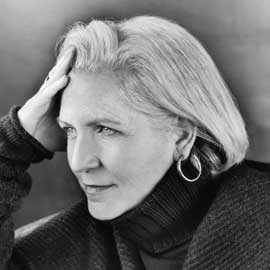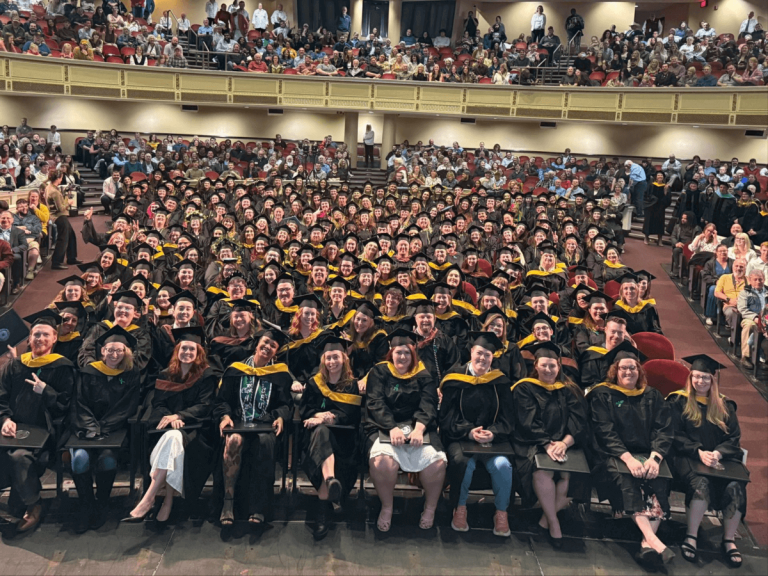
Terry Tempest Williams – a naturalist, free-speech advocate and “citizen writer” who has consistently shown how environmental issues are social issues that ultimately become matters of justice – will address the Unity College graduating Class of 2015.
Commencement will take place May 9 on campus in Unity.
Williams has testified before Congress on women’s health issues, been a guest at the White House, has camped in the remote regions of Utah and Alaska wildernesses and worked as “a barefoot artist” in Rwanda.
Known for her impassioned and lyrical prose, Williams is author of the environmental literature classic, “Refuge: An Unnatural History of Family and Place;” as well as “An Unspoken Hunger: Stories from the Field;” “Desert Quartet;” “Leap;” “Red: Passion and Patience in the Desert;” “The Open Space of Democracy;” and “Finding Beauty in a Broken World.” She is also a columnist for the magazine The Progressive.
Williams is also currently working on a new book, “My God Has Feet of Earth: Seven Pilgrimages in Seven National Parks” to be published by Sarah Crichton Books/ Farrar, Straus and Giroux in Fall 2015.
“We are honored and thrilled to have Terry Tempest Williams address our graduating class,” said Unity College President Dr. Stephen Mulkey. “She is someone who has used her gift with words to power a new generation of leaders in land conservation. I’m sure our graduates will find her talk inspiring as the mantle of environmentalism is passed to them.”
Williams will send forth a graduating class of 120 in this, Unity’s 50th anniversary year. More celebrations are planned for summer to commemorate the anniversary.
In 2009, Williams was featured in Ken Burns’ PBS series on the national parks. In 2014, on the 50th Anniversary of the Wilderness Act, she received the Sierra Club’s John Muir Award honoring a distinguished record of leadership in American conservation.
In 2006, Williams received the Robert Marshall Award from The Wilderness Society, their highest honor given to an American citizen. She also received the Distinguished Achievement Award from the Western American Literature Association and the Wallace Stegner Award given by The Center for the American West. She is the recipient of a Lannan Literary Fellowship and a John Simon Guggenheim Fellowship in creative nonfiction.
Williams is currently the Annie Clark Tanner Scholar in Environmental Humanities at the University of Utah and the Provostial Scholar at Dartmouth College. Her writing has appeared in The New Yorker, The New York Times, Orion Magazine, and numerous anthologies worldwide as a crucial voice for ecological consciousness and social change. She and her husband, Brooke Williams, divide their time between Castle Valley, Utah and Jackson Hole, Wyo.



